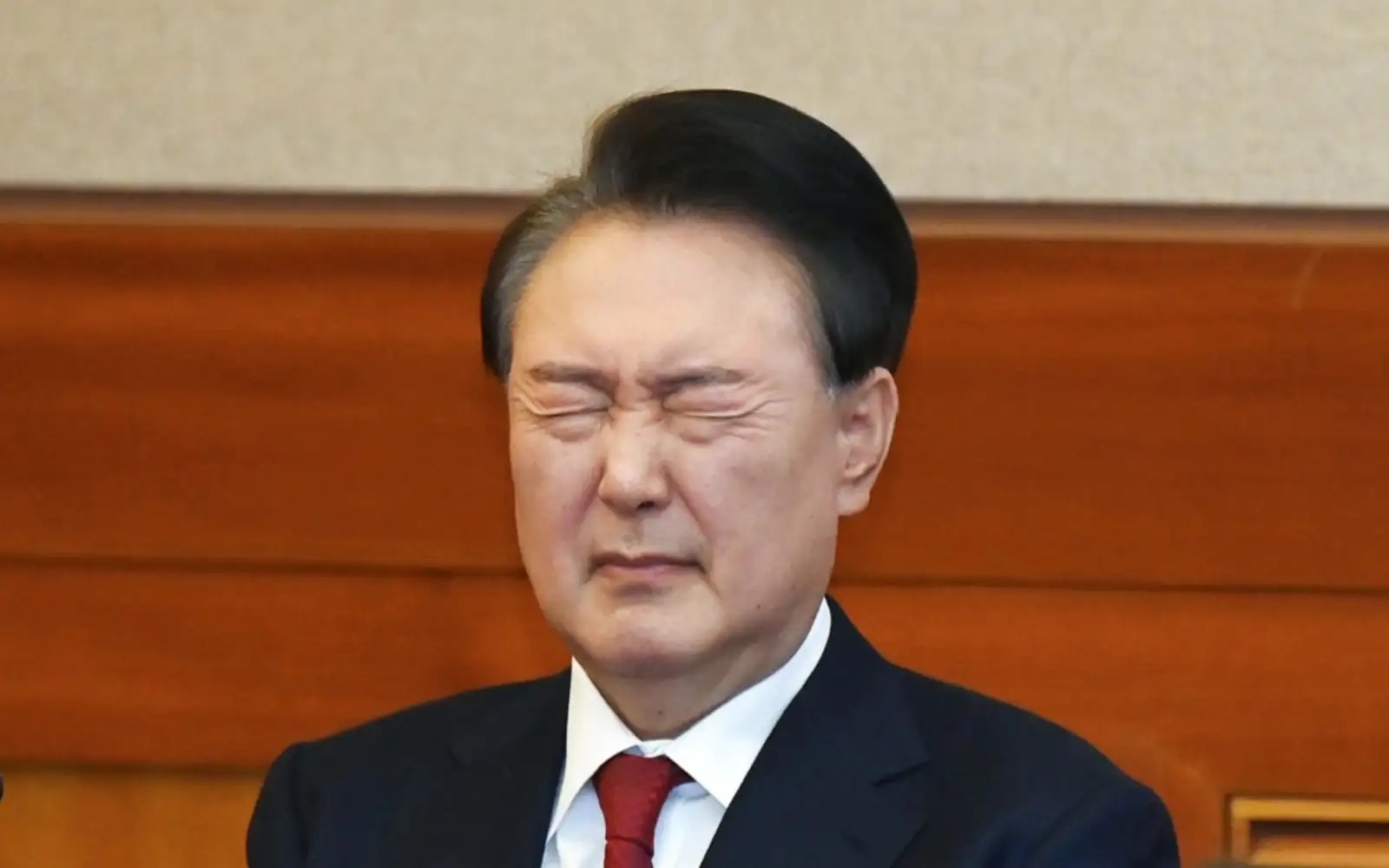
In another dramatic political turn, the South Korean Constitutional Court has impeached President Yoon Suk Yeol. He announced this national emergency resignation immediately following the filing of a parliamentary impeachment motion against him. The court’s decision on Friday marks a pivotal moment in the country’s political landscape, as Yoon faces serious criminal charges related to insurrection.
On December 3, President Yoon Suk Yeol, 64, announced a state of emergency. He argued that it was necessary to root out the “anti-state” forces that he thought were endangering his nation’s stability. He directly accused the opposition Democratic Party of trampling on its own parliamentary majority to subvert the country.
His declaration of martial law has ever since been considered the spark that ignited South Korea’s largest political crisis in decades. The Acting Chief Justice, Moon Hyung-bae, stated that Yoon’s actions represented a “grave betrayal of the people’s trust who are the sovereign members of the democratic republic.” The court held that Yoon had acted unconstitutionally by exceeding the scope of authority provided to him through his presidential powers.
Yoon’s Arrest and Impact on South Korean Society
Yoon was subsequently arrested on January 15, making him the first sitting president in South Korea’s history to be arrested. His arrest comes in the wake of rising anti-government sentiment and claims of insurrection. In March, a judge threw out his arrest warrant. This was no small decision, but it opened the door for him to reenter public life on an interim basis.
Yoon’s decision to declare martial law threw South Korean society into a state of panic and disorder. It brought upheaval in every aspect of government, from the economy to foreign relations. The consequences of his choices produced an atmosphere of confusion and agitation among the public and local legislators at the state level.
The Constitutional Court’s ruling upholding the impeachment motion emphasizes that Yoon’s actions constituted a serious challenge to democracy. With his swift ouster, South Korea is constitutionally required to hold a presidential election within 60 days. This election will fairly choose his successor and bring some much-needed stability to the Board’s leadership.
Author’s Opinion
The impeachment of President Yoon Suk Yeol underscores the delicate balance of power within South Korea’s democracy. Yoon’s attempt to assert extraordinary powers through martial law not only failed to gain popular support but ultimately undermined his authority. The court’s decision to impeach him reflects the crucial need for political leaders to respect the constitutional limits of their power and the public’s trust in democratic institutions. The upcoming election will be pivotal in restoring stability and confidence in the country’s leadership.
Featured image credit: FMT
Follow us for more breaking news on DMR
